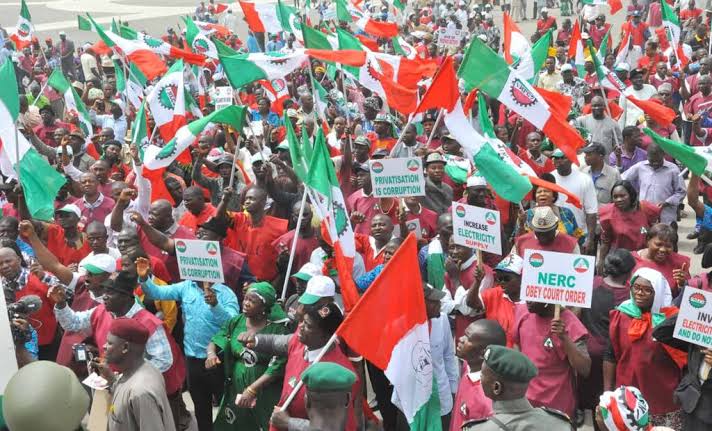Governors from various states have urged workers to temper their expectations regarding the ongoing negotiations for a new minimum wage.
In a communiqué issued after a virtual meeting, the governors emphasised their commitment to ensuring that any new wage structure is implementable and sustainable.
They acknowledged the demands of workers for improved salaries but stressed the importance of considering the fiscal capacity of individual states.
The Tripartite Committee on Minimum Wage, inaugurated by the Federal Government, is yet to reach an agreement despite ongoing deliberations.
The committee comprises representatives from the federal government, state governors, the labour movement, and the Organised Private Sector (OPS).
The Nigeria Labour Congress (NLC) has been advocating for a national minimum wage of N615,000 per month, citing the cost of living for Nigerian workers. However, the expiration of the current N30,000 minimum wage has added urgency to the negotiations.
While some governors have announced new wage structures for their states, including Edo Governor Godwin Obaseki’s announcement of N70,000 and Cross River counterpart Bassey Otu’s promise of N40,000, the Nigeria Governors’ Forum (NGF) emphasised that wages will be determined based on each state’s financial capacity.
The governors also discussed the revised National Policy on Justice (2024-2028) and expressed commitment to strengthening the justice sector. Additionally, they addressed issues related to the recent petrol tanker and gas explosions in Ogun and Rivers states, calling for improved truck maintenance of trucks and proper training for drivers.
Furthermore, the governors engaged with representatives from the World Bank and the National Human Capital Development (HCD) Program to discuss strategies for developmental change and human development initiatives.
while negotiations for a new minimum wage continue, governors are navigating the delicate balance between meeting workers’ demands and ensuring fiscal responsibility.



